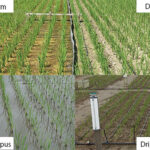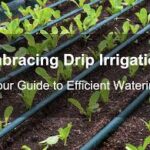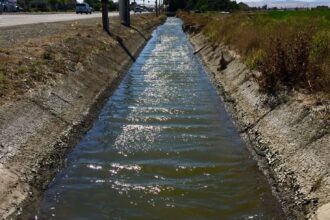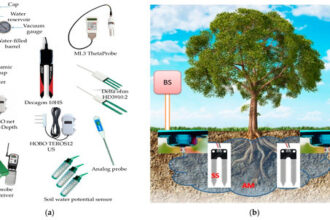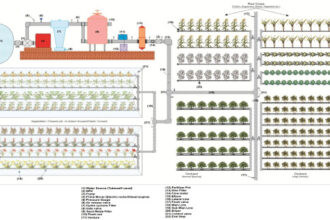Flood irrigation is a time-tested method used in agriculture worldwide. Its simplicity and cost-effectiveness make it a preferred choice for many farmers. This guide explores the advantages of flood irrigation and its role in agricultural practices.
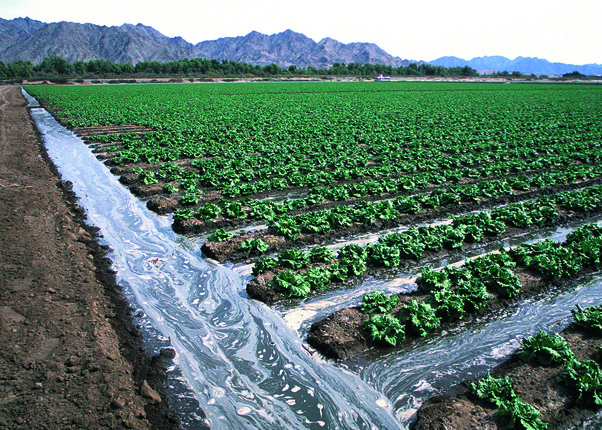
What is Flood Irrigation?
Flood irrigation involves applying water directly to the soil surface, allowing it to spread and penetrate the ground naturally. This method uses gravity to distribute water across large fields, making it an efficient system for various crops.

Key Benefits of Flood Irrigation
- Cost-Effectiveness
- Requires minimal infrastructure.
- Low setup and maintenance costs.
- Simplicity and Accessibility
- Easy to implement using basic tools.
- Ideal for regions with limited technological resources.
- Natural Soil Enrichment
- Water from rivers and canals carries silt and nutrients.
- Enriches soil quality and boosts crop productivity.
- Large Area Coverage
- Efficient for irrigating expansive fields.
- Suitable for crops like rice, wheat, and sugarcane.
- Environmental Advantages
- Recharges groundwater in areas with permeable soils.
- Promotes biodiversity by creating temporary wetland habitats.
- Improved Crop Yields
- Ensures adequate water supply during critical growth stages.
- Reduces the risk of drought stress.
Applications of Flood Irrigation
| Application | Examples of Crops |
|---|---|
| Rice Cultivation | Paddy fields requiring standing water. |
| Orchards | Trees like citrus, mangoes, and olives. |
| Pastures | Grasslands for livestock grazing. |
| Traditional Farms | Various staple crops in rural areas. |
User Feedback on Flood Irrigation
Maria, Rice Farmer: “Flood irrigation is the backbone of our rice production. It’s affordable and effective for our fields.”
James, Orchard Owner: “Using flood irrigation for my citrus trees has been a game-changer. The trees thrive with consistent water supply.”
Sana, Agricultural Expert: “While flood irrigation is effective, it’s crucial to manage water carefully to minimize wastage.”
Pro Tips for Maximizing Benefits
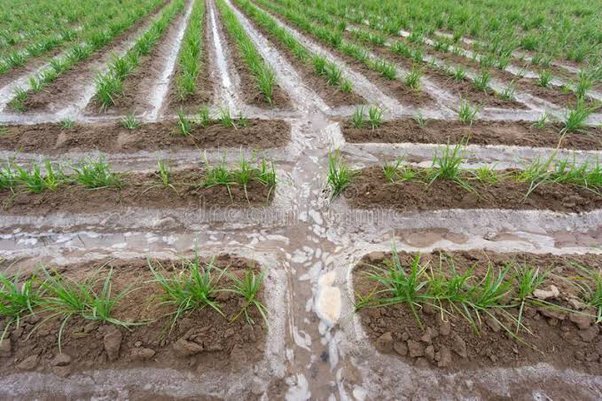
Conclusion
Flood irrigation remains a vital technique for agricultural practices, particularly in regions where traditional methods prevail. By leveraging its benefits and addressing its challenges, farmers can maximize productivity and sustainability. Whether for small-scale farms or large fields, flood irrigation provides an accessible and efficient solution for water management in agriculture.

